Unlocking the Flavors of Jamaica: A Deep Dive into Jamaican Spices
When one thinks of Jamaica, images of beautiful beaches, vibrant culture, and reggae music often come to mind. However, lurking beneath the sunny exterior is a culinary treasure trove that is often overlooked: Jamaican spices. These spices not only define the unique flavors of Jamaican cuisine but also reflect the island's rich history and cultural diversity. In this blog, we will explore the essential Jamaican spices, their origins, uses, and how they can transform your dishes.
The Cultural Significance of Jamaican Spices
Jamaican cuisine is a melting pot of flavors and traditions influenced by the island's indigenous people, African slaves, European colonizers, and Indian and Chinese immigrants. The spices used in Jamaican cooking tell a story of this cultural amalgamation. Each spice carries with it a history and a purpose, making them integral to the identity of Jamaican food.
1. Allspice (Pimento)
Allspice, also known as pimento, is perhaps the most iconic Jamaican spice. It is native to the Caribbean and is often referred to as "Jamaica pepper". The spice is derived from the dried berries of the Pimenta dioica tree and has a flavor profile that combines elements of cinnamon, nutmeg, and cloves.
- Uses: Allspice is a staple in jerk seasoning, marinades, and even desserts.
- Health Benefits: It contains antioxidants and has anti-inflammatory properties.
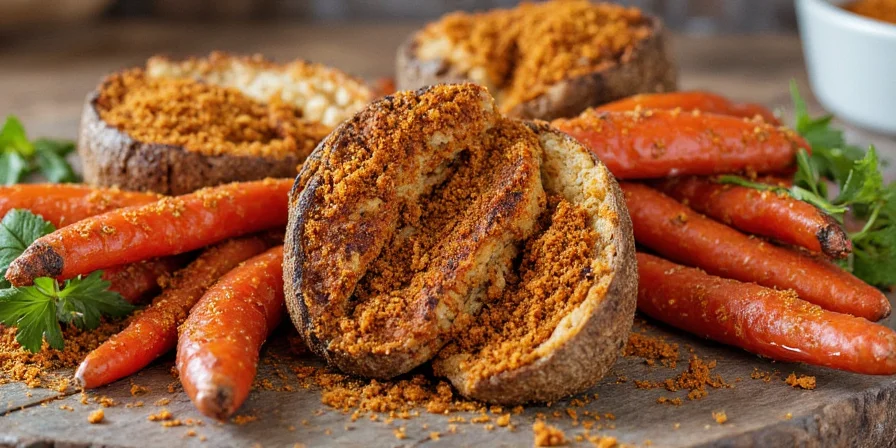
2. Scotch Bonnet Pepper
No discussion of Jamaican spices is complete without mentioning the Scotch Bonnet pepper. This small, vibrant pepper packs a fiery punch and is a key ingredient in many Jamaican dishes.
- Heat Level: Ranging from 100,000 to 350,000 Scoville Heat Units (SHU), Scotch Bonnet is one of the hottest peppers in the world.
- Uses: It is often used in salsas, sauces, and jerk seasoning for that unmistakable heat.
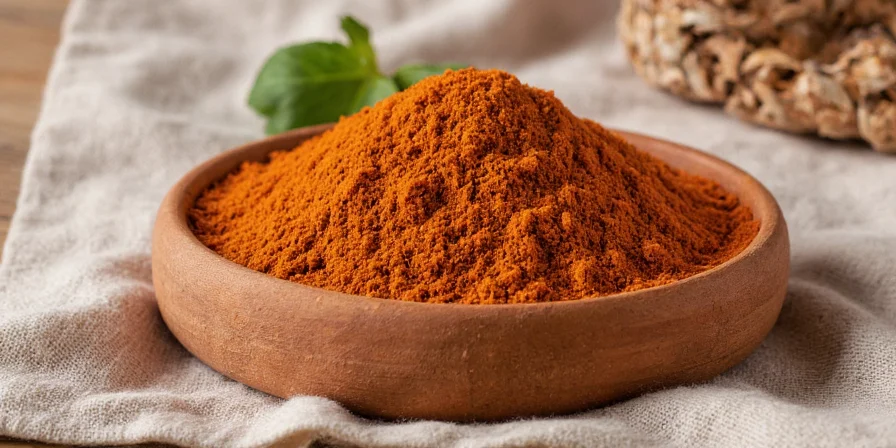
3. Thyme
Thyme is a fragrant herb that is commonly used in Jamaican cooking. The island's warm climate allows for the growth of both fresh and dried thyme.
- Flavor Profile: Thyme has a slightly minty and earthy flavor that complements many dishes.
- Uses: It is often used in stews, soups, and marinades.
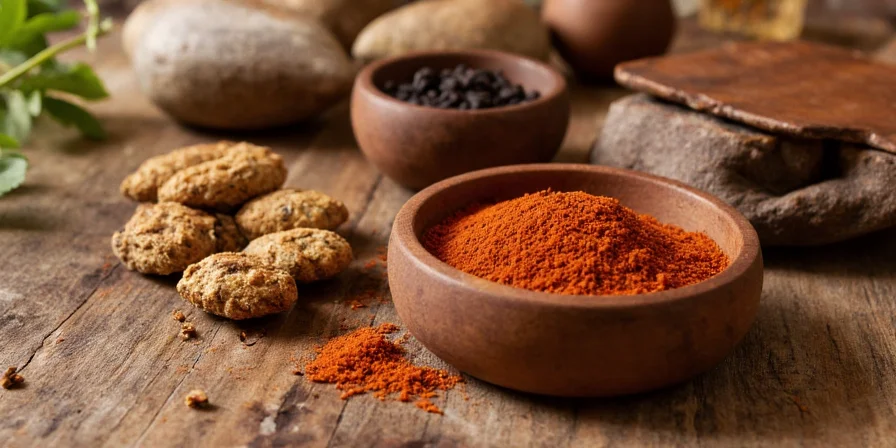
Jamaican Spice Blends
One of the most exciting aspects of Jamaican cuisine is the use of spice blends. These blends are often made from a combination of different spices and herbs, providing depth and complexity to dishes.
1. Jerk Seasoning
Jerk seasoning is perhaps the most famous Jamaican spice blend. It is traditionally used to marinate meats, giving them a smoky and spicy flavor.
| Ingredients | Flavor Profile |
|---|---|
| Allspice | Sweet and warm |
| Scotch Bonnet | Fiery heat |
| Thyme | Herbaceous and earthy |
| Garlic and Onion | Pungent and savory |
| Brown Sugar | Sweetness |
This blend showcases the balance between spice, heat, and sweetness, making it a versatile addition to any kitchen.
2. Curry Powder
Jamaican curry powder is a unique blend that differs from Indian curry. It is often milder and includes spices that are locally available.
- Common Ingredients: Turmeric, coriander, cumin, and fenugreek.
- Uses: Used in curries, stews, and even as a seasoning for meats.
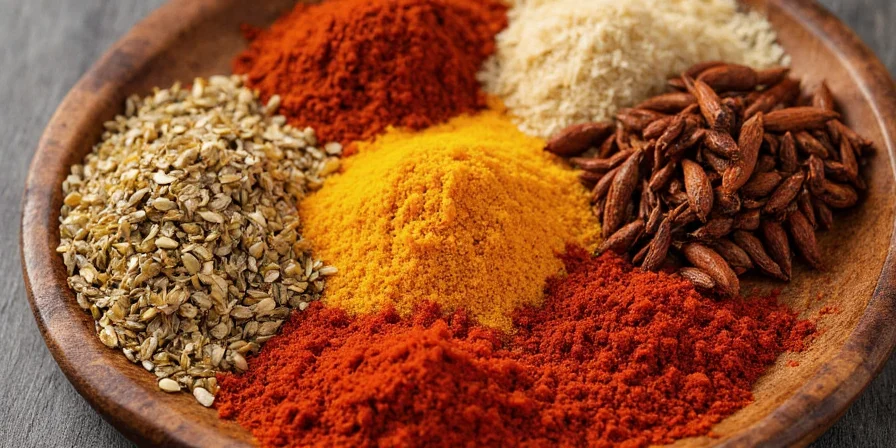
How to Use Jamaican Spices in Your Cooking
Incorporating Jamaican spices into your cooking can elevate your dishes and introduce new flavors. Here are some tips on how to effectively use these spices:
- Marinade: Use jerk seasoning to marinate chicken, pork, or fish for at least a few hours before grilling or baking.
- Spice Up Your Stews: Add allspice and thyme to your stews for a depth of flavor.
- Make a Spicy Salsa: Combine diced Scotch Bonnet peppers with tomatoes, onions, and lime juice for a zesty salsa.
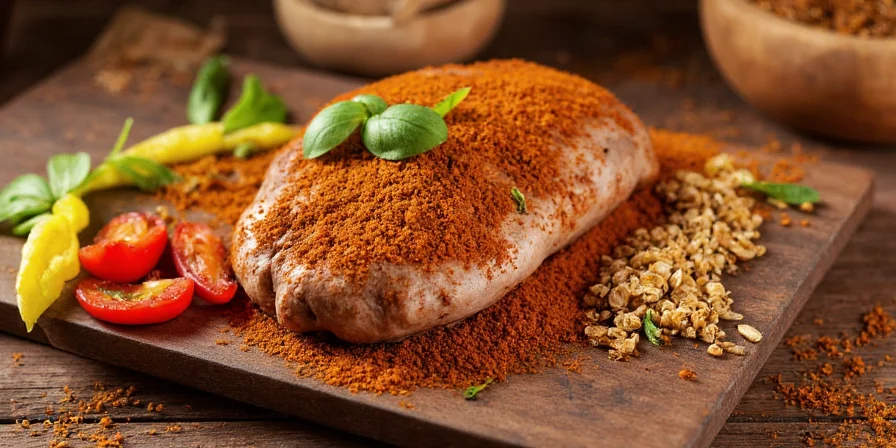
Health Benefits of Jamaican Spices
Beyond their flavor, many Jamaican spices also offer health benefits:
- Allspice: Contains antioxidants and can aid in digestion.
- Scotch Bonnet: May boost metabolism and has anti-inflammatory properties.
- Thyme: Known for its antibacterial and antiviral properties.
Conclusion
Jamaican spices are not just ingredients; they are an essence of the island's culture and history. Whether you're grilling jerk chicken, simmering a hearty stew, or simply experimenting in your kitchen, these spices will bring the warmth and vibrancy of Jamaica to your table. So next time you're looking to spice up your meals, reach for these Jamaican treasures and experience a culinary journey like no other.










 浙公网安备
33010002000092号
浙公网安备
33010002000092号 浙B2-20120091-4
浙B2-20120091-4